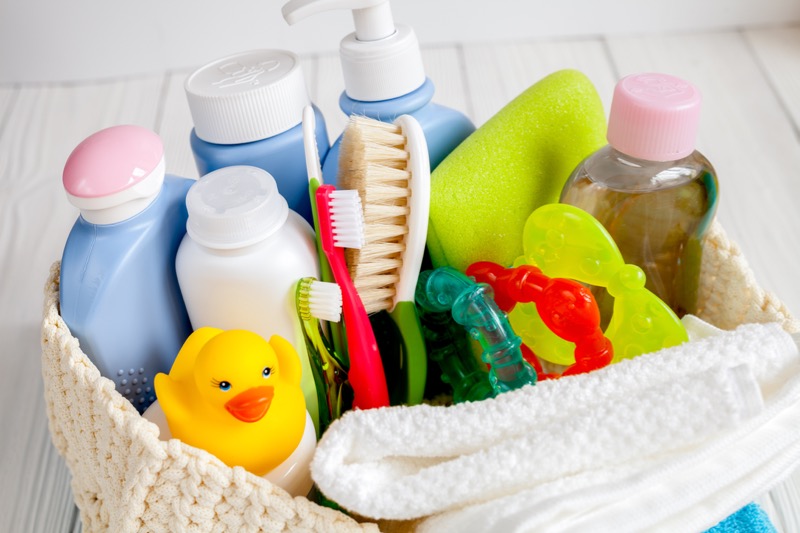
Countries spend hundreds of billions of dollars each year on personal care items to improve their skin, hair, and cleanliness. Many customers are unaware that the cosmetic goods they use daily are subject to little government regulation and no mandated quality assurance. You may be so choosy about hair care products, skincare products, and other cosmetics but the safety of those products matters a lot.
Today, an increasing number of environmental campaigners, researchers, and regular folks are raising awareness about the potential dangers of the things we ingest, spritz, and put on our bodies on a daily basis. Some personal care products have become so ubiquitous that we can’t imagine life without them. To help drive public health conversations, the Centers for Disease Control (CDC) now analyzes the levels of chemicals from cosmetic products and other goods in the circulation of randomized Americans. Shops for personal care should not add these common compounds that may be harmful to the body and environment. If they are necessary then there must be an alternative.
- Antibacterial soaps and cleaners
Worse, evidence suggests that long-term antibiotics use may lead to the evolution of antibiotic-resistant “viruses and bacteria.” The risk is theoretical, but it exists, and it should be taken into account in future talks concerning these items. Other experts are raising concerns about the environmental impact of the hundreds of dollars of antibacterial compounds in detergent that are drained and flushed into waterways every year. As long as these items are widely used, the threats to the ecosystem will only grow.
- Phthalates
These compounds are commonly found in consumer products’ scents. In the human body, certain phthalates are known to act as regulators. The little exposures individuals get from each item they use were thought to be harmless.
The fact that phthalates may be found almost anywhere, including in the environmental matrices we inhale, has raised concerns and prompted increased monitoring.
- Parabens
Parabens are compounds that are frequently used in cosmetics as preservatives. They inhibit microorganisms from developing, ensuring that items are free of bacteria and fungal contamination. Parabens are found in most cosmetics, lubricants, hair care products, shaving products, as well as many foods and medications. Although the effect is minor, parabens work in the body like the hormones estrogen and progesterone.
- Musks
Chemicals generated in laboratories are being used to create musk smells. Musks are commonly used in perfumes and laundry detergents. In the 1990s, it was discovered that some artificial musks might build up to dangerous amounts in the body, causing cell damage. Following the publication of this research, numerous manufacturers lowered their use of musks. Large U.S. corporations, meanwhile, continue to utilize musks in home items such as liquid fabric softener, detergents, and fragrance, claiming ongoing research confirming their safety.
If a product causes you to worry, you may want to remove it from your cosmetic regimen. Making your personal items or utilizing low prices, in general, are two other strategies to decrease your possibility of future risks.


